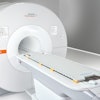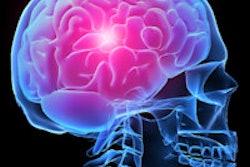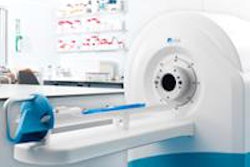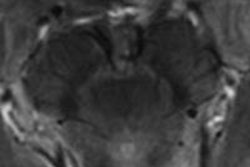Can a 3-tesla MRI scanner be made to perform as well as a more expensive 7-tesla scanner for imaging the hippocampus in epilepsy patients? That's what researchers from the University of Alabama at Birmingham (UAB) and Auburn University are looking to find out.
Armed with a $2.6 million grant from the U.S. National Institutes of Health, the investigators will see if protocol changes in the 3-tesla machine can improve their ability to find the cause of seizures and help determine which patients are eligible for surgery. A secondary aim of the study is to determine if MRI can reveal an epigenetic biomarker that could help in the future diagnosis of epilepsy.
UAB is the only institution in the state that offers epilepsy surgery, while Auburn University is the only institution with a 7-tesla scanner.
"The hippocampus in particular is a frequent locus for seizures, and it is a most difficult area to image with fine detail," said principal investigator Dr. Lawrence Ver Hoef from UAB in a statement announcing the study. "There is often a loss of clarity of the internal structures of the hippocampus with traditional MRI. Diagnosis is difficult if not impossible without clear images."
Previous research from Ver Hoef's lab used high-resolution multiple image coregistration and averaging (HR-MICRA) to produce higher image quality on a 3-tesla machine.
If the study shows that suitable images can be obtained from the 3-tesla scanner, presurgical evaluation will be improved significantly for epilepsy surgery candidates. If not, it will support the idea that more 7-tesla scanners are needed, the investigators said.




















